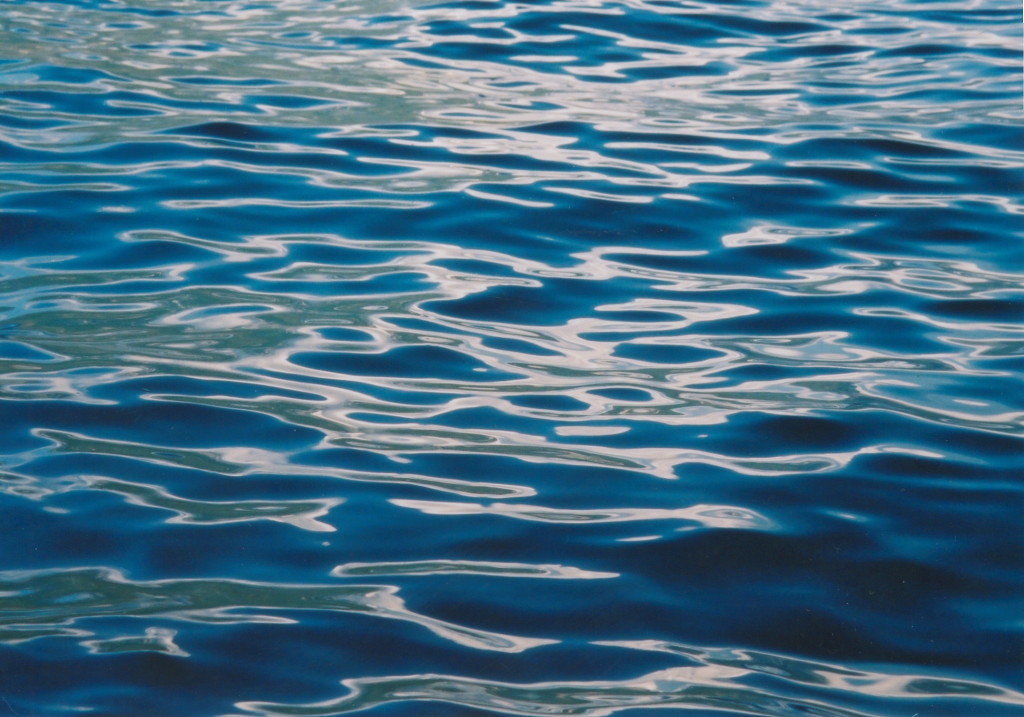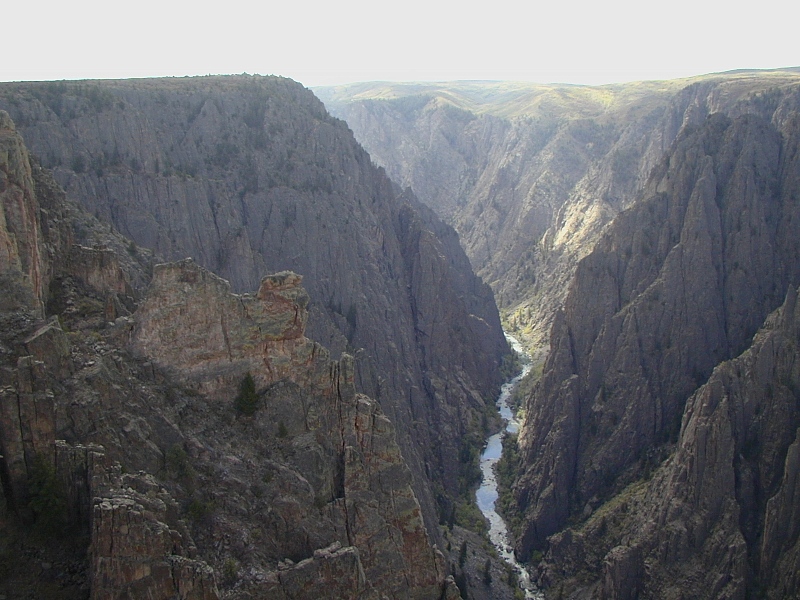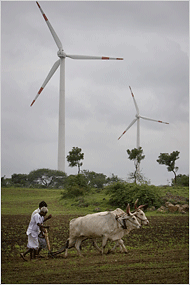
After nine years working the World Wildlife Fund (WWF), Duncan Pollard, director, conservation practice and policy, has words of praise for the pulp and paper industry. It’s proof that all industry is not bad and that environmental policies and practices can change, often substantially. He also wants to make sure the industry is aware of some important resources for locating and supporting paper companies that have made serious investments in improving their efforts toward sustainability.
Over the last seven years, the WWF has made a concerted effort to work with the pulp and paper industry in the areas of toxics, energy, and freshwater. Working with other NGOs and large paper buyers, the WWF has been advocating for best practices across a range of sustainability issues facing the industry. The result?
According to Pollard, as quoted in RISI’s PPI magazine:
The industry has listened. Over the last years there has been an improvement in performance both on wood sourcing and on manufacturing processes. Particularly pleasing has been a more rapid uptake by the paper industry of FSC certification. Corporate reporting has also improved – reports are not only more comprehensive, but also focused on the important issues. Whilst parts of the industry are improving, there is of course much to do: in a globalised world we all need to work harder on making a level playing field for the good guys.
Part of the WWF’s efforts can be seen in two resources:
WWF’s Paper Company Environmental Index, launched earlier this year, offers pulp & paper companies the opportunity to show what they have done to reduce their environmental footprint. Companies such as Mondi, Stora Enso, UPM, M-real, and Domtar have already reported their performance across fiber sourcing, CO₂ emissions, water pollution, landfill waste and transparency in reporting. Other companies are reported to be getting on board, as well.
WWF’s Check Your Paper, a global online paper catalog, will be released “in the next few months.” It will be based upon the criteria used in the Paper Company Environmental Index and will allow paper buyers to search for paper products and compare their environmental footprints. It will compare responsible fiber, water pollution and key CO₂ emissions.
Areas still on WWF’s hit list are water footprints and the role that plantations are playing in global wood supply, especially as they are established in tropical and sub-tropical areas.




